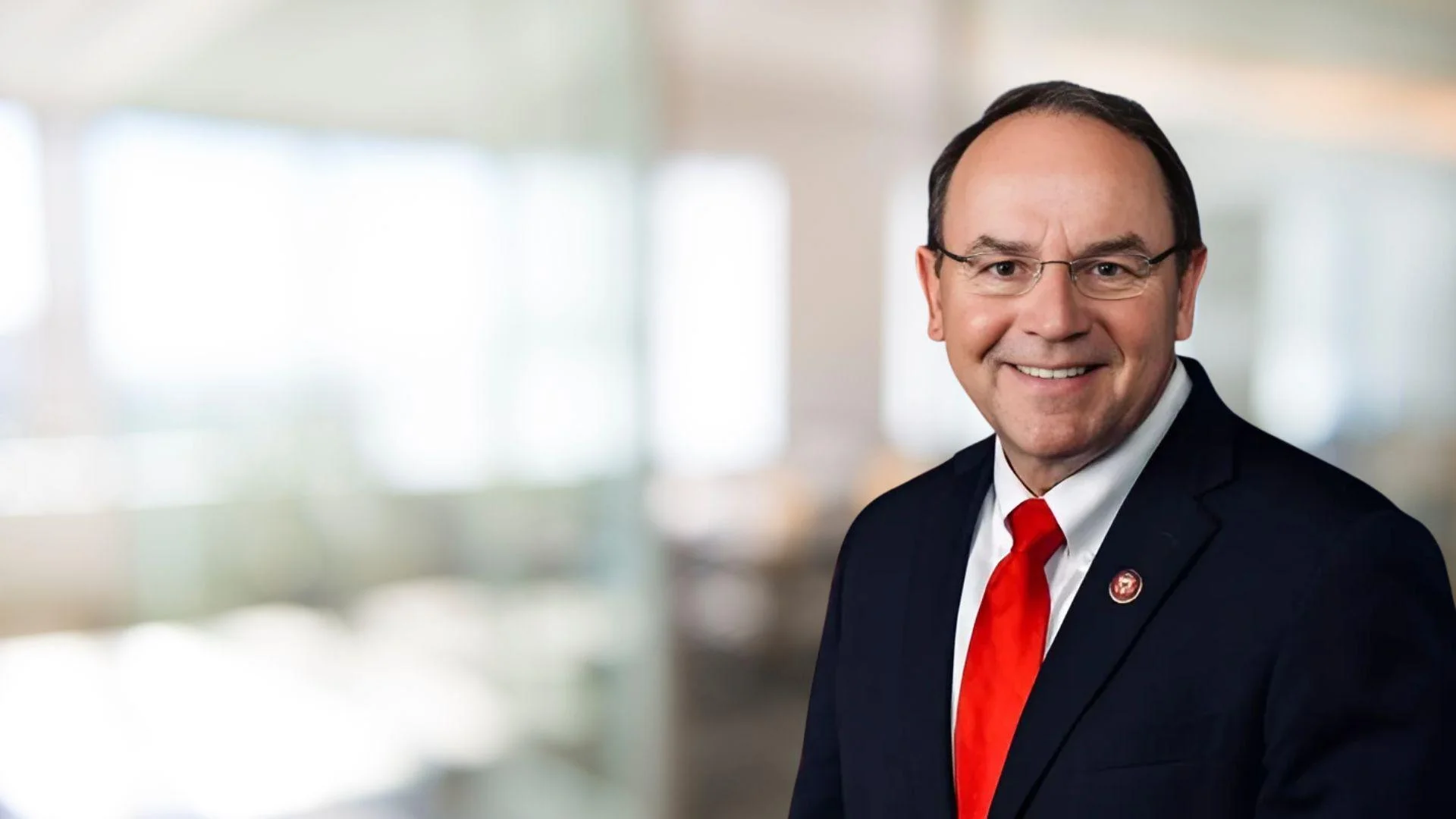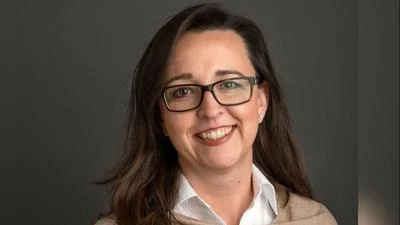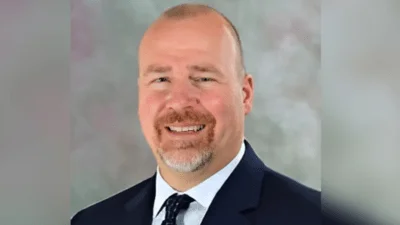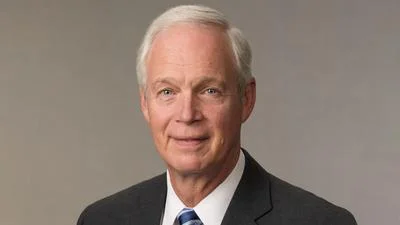Tom Tiffany, Representative for Wisconsin | X
Tom Tiffany, Representative for Wisconsin | X
Tom Tiffany, a U.S. representative, announced his CAP Act proposal on the social media platform X. The legislation aims to end universities' H-1B cap exemption and prioritize hiring Wisconsinites at public institutions.
"I introduced the CAP Act to close the H-1B loophole that allows universities to hire unlimited numbers of foreigners," said Tiffany. "Wisconsin's public universities should serve, prepare, and prioritize hiring Wisconsinites, not use taxpayer dollars to bring in unlimited foreign labor. Our kids deserve an education that prepares them to succeed in their careers. Unfortunately, our university system has drifted from this focus."
The H-1B program allows employers to hire foreign professionals in specialty occupations, subject to a statutory cap. Certain employers, including institutions of higher education, nonprofits affiliated with them, and nonprofit or government research organizations, are currently exempt from this cap. This exemption means their petitions are not limited by annual quotas. Universities frequently use this pathway for faculty and research roles. According to Tiffany's CAP Act proposal, public universities should focus on in-state hiring and taxpayer accountability rather than unrestricted cap-exempt recruitment.
Federal law sets the regular H-1B cap at 65,000 visas annually, with an additional 20,000 visas available for advanced-degree graduates of U.S. institutions. While cap-subject petitions face an annual numerical limit, cap-exempt employers can file year-round. The United States Citizenship and Immigration Services (USCIS) explains that institutions of higher education and certain affiliated nonprofits qualify for this exemption. In practice, this allows public universities to sponsor as many eligible positions as needed under program rules.
Congressional analysts note that cap exemptions significantly influence hiring patterns by sector: higher education and research entities rely heavily on H-1B talent, while private employers subject to the cap are constrained by annual limits. The Congressional Research Service (CRS) outlines the statutory basis, numeric ceilings, and policy debates surrounding labor market effects, wage protections, and oversight—context for proposals like the CAP Act that aim to narrow exemptions at public institutions.
Tiffany represents Wisconsin’s 7th Congressional District. A former small-business owner and state legislator, he focuses on economic growth, border security, and accountability in federal spending. His official biography highlights his work on natural resources and workforce opportunity policies that aim to empower Wisconsin families and job creators across the Northwoods and beyond.






 Alerts Sign-up
Alerts Sign-up